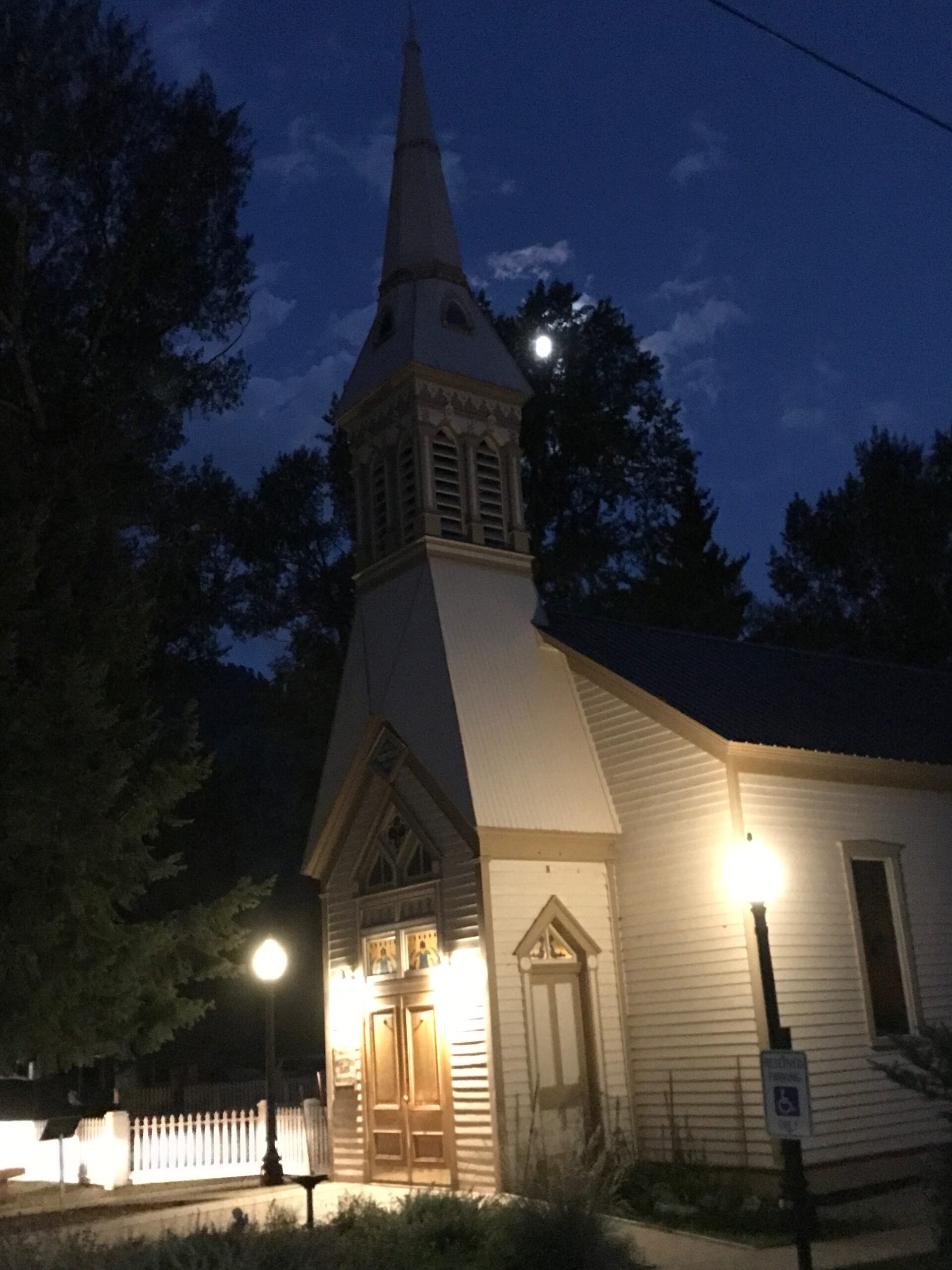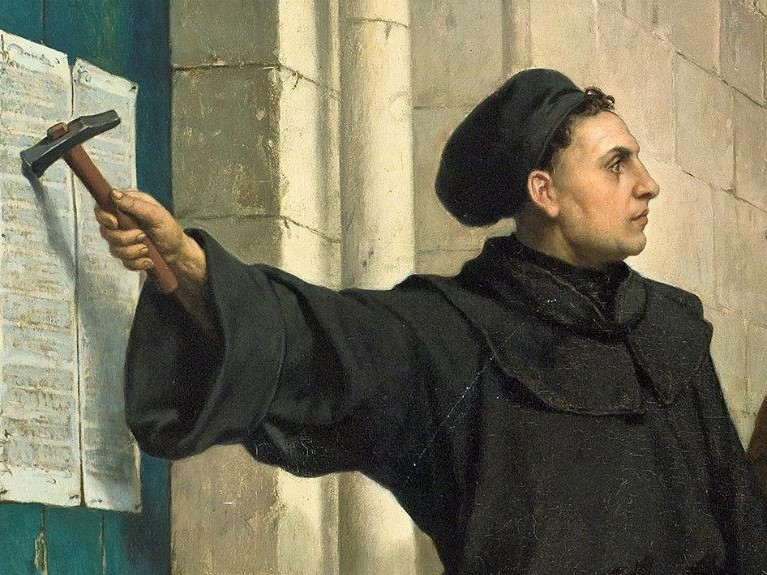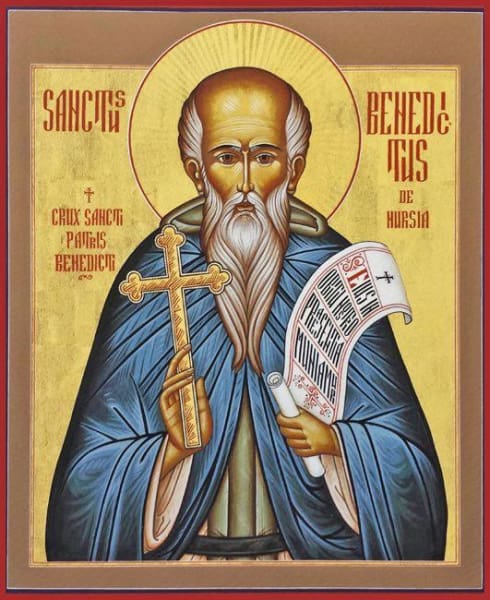Hey Everyone,
I hope this post finds you all well and in good spirits. It is hard to believe that it’s already August and that we’re halfway through the summer. We’ve got some exciting things coming up so please check out what’s happening below.
First, let me say that I’m sorry that the Zoom broadcast has been cutting out shortly after the sermon the past few weeks. It appears that the heat from the sun is causing my computer to overheat. I’m working on a solution for Sunday, so don’t fret. 🙂
This Sunday, August 5, we’ll be exploring one of the darkest times in the history of the church–1054 through 1348–when the expansion of Christianity was brought about through the violence of the Crusades.
Although we’ll still have fellowship after the worship service on Sunday, all are welcome to join me at the fishing pier of Memorial Park for Corbin Humphreys’s baptism, which will take place at 11:45am. Lyn Lampert will be officiating and I’ll be offering a prayer of blessing. If you’re able, please consider joining us for this holy sacrament down by the river.
Also, in case you didn’t see it on the Lake City Friends and Locals page, this week’s theme for the Hiker Meal is Thanksgiving. Break out your favorite turkey-day recipe and come join us for the most magical meal of the week. 🙂
Finally, a quick update on our annual Gold Hill gathering. Although we’re still working out the details, please save-the-date for Saturday, August 26th from 5:00pm-7:00pm.
Here’s your announcements for the week!
Lectionary Reading Sunday School is Cancelled
For the remainder of the summer, the lectionary reading Sunday school class is cancelled.
Being Reformed
A two-week class on what it means to be Reformed and affiliated with the Presbyterian Church (USA) will be offered on Sundays August 13 and 20 from 8:30am to 9:30am in the Annex. This class is a prerequisite for membership at CPC.
Trail Hikers Meal
Join us tonight, Sunday, August 6 for the Trail Hiker Meal in the Presbyterian Annex from 5:30pm until 7:30pm. This week’s theme is Thanksgiving and CPC will be serving up several roasted turkeys. Consider making your favorite thanksgiving side or dessert and help us welcome the hikers.
Games Up Here
We are NOT having games this Monday, August.
August Session
The CPC elders are meeting for session this Wednesday, August 9 from 10:00am to 12:00pm in Darley Hall.
Wednesday Bible Study
Join us this Wednesday, August 9 from 5:00pm until 6:30pm in the Presbyterian Annex for our eighth session on world religion. This week we’ll be looking at two smaller religions influenced by Hinduism–Sikhism and Jainism.
Get Your Tickets!
Our very own Jim Walker will be performing his one-man show of “Peter the Rock” at the Lake City Art Center on Saturday August 19 at 7:30pm.
Stewardship Sundays
For two more weeks, Jason will be offering short reflections about Christian stewardship before each offering. Consider how you support the ministry at Community Presbyterian Church through your time, talents, and treasures.
And here are your links for the week:
Summer Community Worship Service:
https://us02web.zoom.us/j/88489308747?pwd=RHVFY1BybkU0a1RXZE9GRlBZWWpNUT09
Wednesday Bible Study
https://us02web.zoom.us/j/83431443393?pwd=NEFpYVlSNVloSkdCNGExU2kxMUNtQT09







